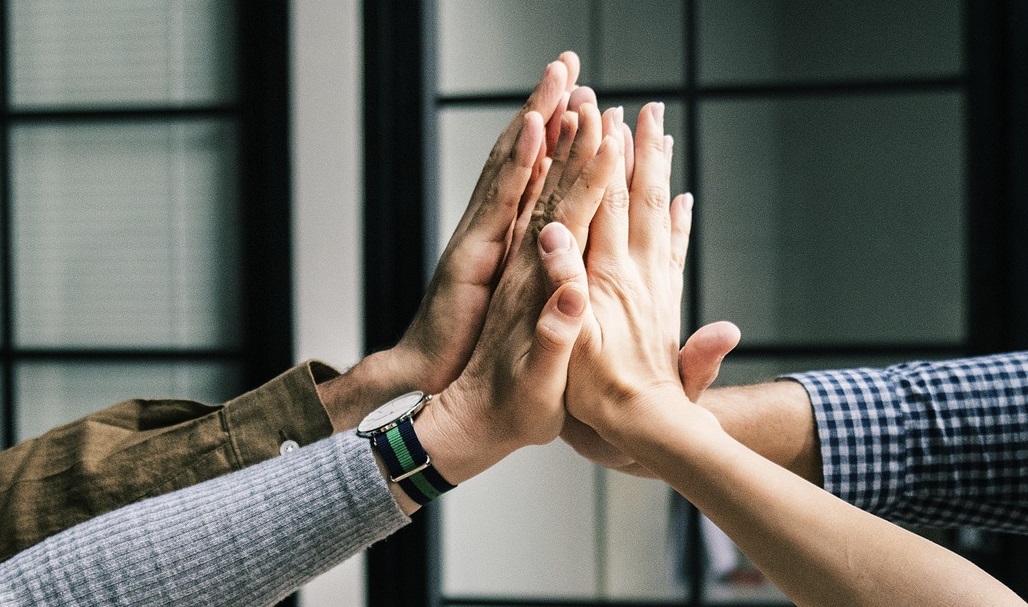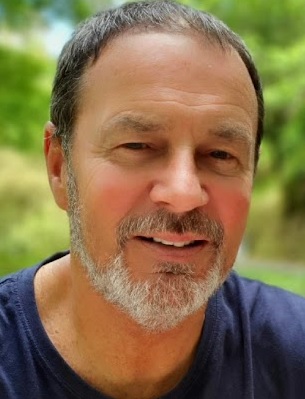 Who went to the Ōtaki Community Expo on Saturday (September 7)? If you did, you will have seen what a wonderful community spirit this town has.
Who went to the Ōtaki Community Expo on Saturday (September 7)? If you did, you will have seen what a wonderful community spirit this town has.
Organisations of all types, many run by volunteers, support this community in a myriad of ways. There were the happy women in their green aprons from the Women’s Institute, the St John’s people and their shuttle bus, people from the Wānanga, Rotary and Lions volunteers, etc, etc.
All of these organisations would have been born and nurtured by a good idea. An individual or group of people said to themselves, “let’s change something for the better”. And they sure have, and this town is benefiting in spades.
The great thing about the Ōtaki expo is that it gets these people and groups talking to each other. There’s the chance to share ideas and information and, maybe sometimes, discuss ways to collaborate and deliver even better things into the community.
To me it is a simple and self-evident observation that communities, organisations and businesses benefit most when people are connected and can easily share information and ideas. It helps break down the silos that inhibit progress, it allows people to have a voice and they are better informed. Healthy communication also helps to avoid the kind of distortion, misinformation and entrenched attitudes we sometimes see in social media.
Over the past few months I‘ve been talking to people in the town as part of a project for Elevate Ōtaki. A question I’ve asked is, “what is the best thing about Ōtaki”? Invariably the answer has been “a strong community spirit and willingness of most people to help each other when in need”.
People want to see this rich community spirit continue, along with the easy-paced lifestyle, but they also see problems that need resolving and want progress in the community and prosperity for citizens.
When asked, “what do you see as barriers to progress?” many answered by saying that the town needed to work together more to achieve shared benefits.
So, if people are willing to address community issues and there’s a desire to work collaboratively, why is progress sometimes more difficult than it should be?
It’s easy to assign the answer only to a shortage of resources or a lack of mutual trust, as true as these might be.
But I believe we have become far too hard-wired into “institutional thinking” that discourages open communications and creates needless competition between groups. It compartmentalises funded activities, puts scorekeepers into positions of power and hands goal-kickers a daily struggle and a begging bowl.
A typical example of institutional thinking was revealed to me recently with the story of a national arts organisation failing to receive
critical funding, after 2019. This is an organisation that’s been funded for more than 20 years. It’s a leader and important voice in its sector. The funding organisation’s criteria for funding are vague but the dictates placed on the receiving organisation are exact and demanding. As a competitive process, it was conducted at arms-length with little opportunity for discussion or meaningful review, once funding rejection occurred.
Most of the groups at the Ōtaki expo celebrate the support they receive and will never bite-the-hand-that-feeds-them. But many have to scrap for resources, which might be money, volunteers, assets or whatever. This is time-consuming and takes volunteers away from their valuable work. We can also be sure scrambling for resources builds a level of competition where there would seem less incentive to work more collectively.
But, suppose institutional thinking could be replaced with a more collaborative way of working? The model for the latter is more vision, purpose and mission-driven (why are we doing this and what needs doing?) rather than operationally driven (what are we doing?). Crucially, it’s more open to sharing ideas and information that really fire-up innovation and collective impact. These things can make a difference, but they’re free or need fewer resources.
So how can we make the change to a more collaborative model? The ultimate answers surely come from the pressing need to address some very big issues, in a town like Ōtaki, and elsewhere. Change will happen because competitive score-keeping is increasingly seen as part of the problem and less as part of the solution.
 You can contact Fraser here.
You can contact Fraser here.
Fraser Carson is the founding partner of Wellington-based Flightdec.com. Flightdec’s kaupapa is to challenge the status quo of the internet to give access to more reliable and valuable citizen generated content, and to improve connectivity and collaboration.
Flightdec websites include: KnowThis.nz, Issues.co.nz and Inhub.org.nz.
OTHER POSTS
LATEST POSTS
- Who was our first knight?
- Carl Lutz – farmer who loved the land, and Fordsons
- Arthur saw nature ‘with eyes of admiration’
- Ōtaki abuzz with film festival - Ōtaki Today
- Hall helps to connect and build community
- Fear breeding fear, fear and more fear
- Plenty of help organisations in times of need
- Poor official communications fuel misinformation
- Cultural infrastructure could be our saviour
- Four-storey blocks coming as developments fast-tracked
- The world’s therapist offers little hope for global ills
- Modern conservatism the quiet killer
- Di’s QSM for services to community and environment
- However bad it might get, keep smiling
- AI is coming, ready or not
- Rewi’s story one of adversity in old Ōtaki
- Arise King Brown of the Kingdom of Auckland
- Rebuilding should draw on mātauranga
- Urban designer poses critical question - What’s the plan for Ōtaki?
- Brown hits the fan as water levels rise
